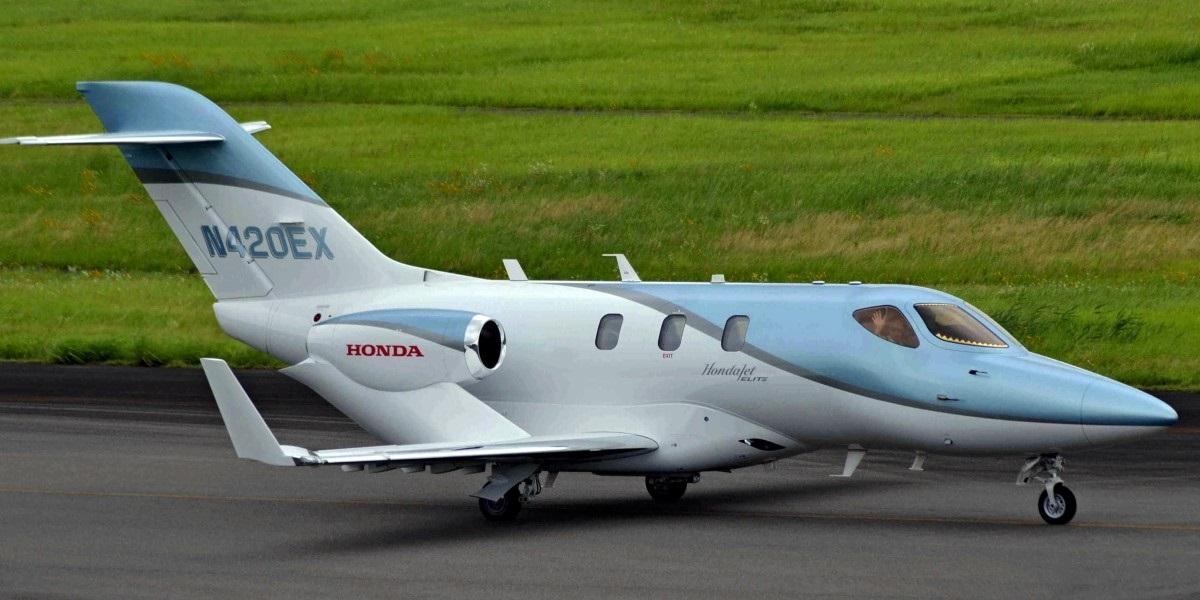
16:41 JST, February 6, 2023
Honda Motor Co. is to start manufacturing sustainable aviation fuel (SAF), it has been learned.
SAF, which has been touted as a means of significantly reducing carbon dioxide emissions, can be made from used cooking oil, household waste and algae, among other materials. By using SAF, CO2 emissions can be cut by more than half, compared to crude oil-based fuels.
Honda will expand its algae-cultivating business at plants in Japan and overseas, with an eye on practical application of the fuel in the 2030s. Cultured algae can be used to absorb CO2 emissions produced in automobile manufacturing.
Japan currently relies on imports for its SAF, which has been attracting attention as a way to decarbonize the aviation industry. Observers say Honda’s new business could provide a fillip to domestic SAF production.
Honda has begun collaborating with a domestic energy-related company over production and distribution of SAF.
Airplanes that produce high levels of CO2 emissions are often criticized overseas. According to the Land, Infrastructure, Transport and Tourism Ministry, aircraft emitted 98 grams of CO2 per kilometer for each passenger in fiscal 2019, far exceeding the figures for trains (17 grams) and buses (57 grams).
In October, the International Civil Aviation Organization — a specialized agency of the United Nations that promotes cooperation in the field of aviation — adopted a goal to reduce the CO2 emissions of international flights to net-zero by 2050. Global supply of SAF currently accounts for less than 1% of annual aviation fuel consumption, so competition to procure SAF among airline companies is likely to intensify in the future.
Honda believes that if it can procure and utilize SAF independently, it will be able to increase the competitiveness of its HondaJet small business jet and a “flying car,” which it is currently developing as a new generation means of transportation.
The government has set a goal of using SAF for 10% of the fuel used by Japanese airline companies by 2030.
SAF is not yet being commercially produced in Japan, but changes are afoot. Petroleum wholesaler Eneos Corp. and major trading house Mitsubishi Corp. are considering jointly commercializing supplies of SAF. Real estate firm Mitsubishi Estate Co. and major plant operator JGC Holdings Corp., meanwhile, are cooperating to collect used cooking oil for use in SAF manufacturing.

Honda Motor Co.’s HondaJet small business jet is seen in July 2018.
Top Articles in Business
-

Prudential Life Insurance Plans to Fully Compensate for Damages Caused by Fraudulent Actions Without Waiting for Third-Party Committee Review
-

Narita Airport, Startup in Japan Demonstrate Machine to Compress Clothes for Tourists to Prevent People from Abandoning Suitcases
-

Japan, U.S. Name 3 Inaugural Investment Projects; Reached Agreement After Considerable Difficulty
-

Toyota Motor Group Firm to Sell Clean Energy Greenhouses for Strawberries
-

SoftBank Launches AI Service for Call Centers That Converts Harsh Customer Voices into Softer Voices
JN ACCESS RANKING
-

Japan PM Takaichi’s Cabinet Resigns en Masse
-

Japan Institute to Use Domestic Commercial Optical Lattice Clock to Set Japan Standard Time
-

Israeli Ambassador to Japan Speaks about Japan’s Role in the Reconstruction of Gaza
-

Man Infected with Measles Reportedly Dined at Restaurant in Tokyo Station
-

Videos Plagiarized, Reposted with False Subtitles Claiming ‘Ryukyu Belongs to China’; Anti-China False Information Also Posted in Japan























